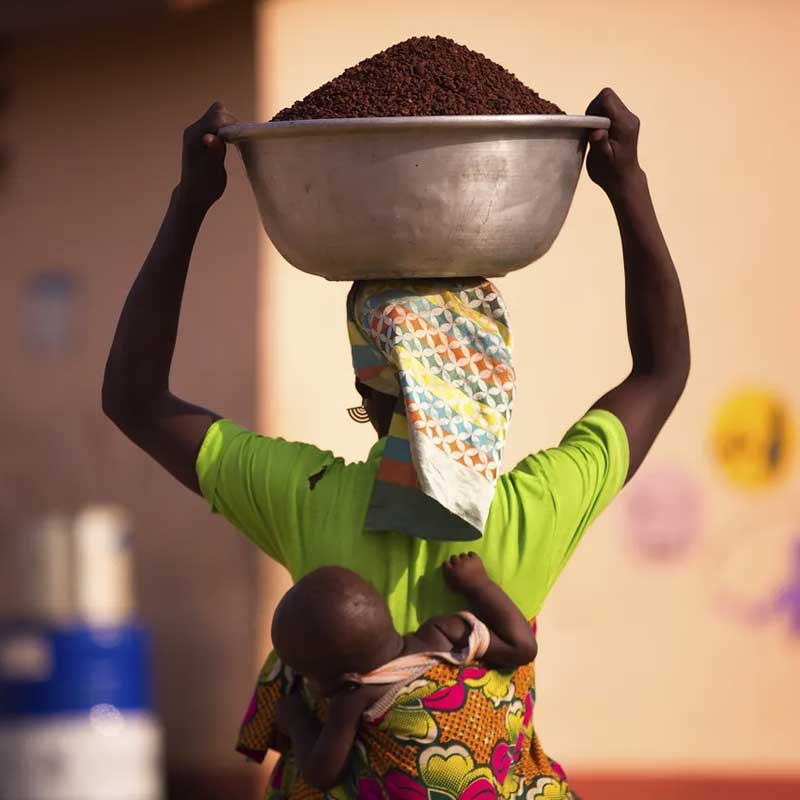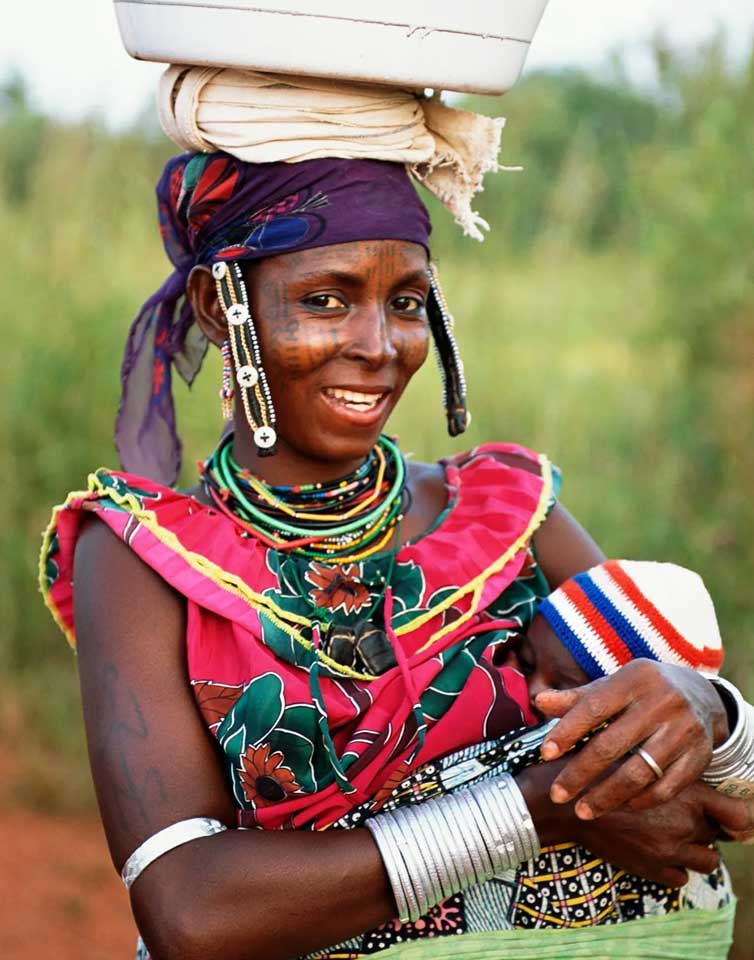
Notice: Test mode is enabled. While in test mode no live donations are processed.
curent on going projects

Jinja Health Care Project
Access to healthcare is another critical factor in driving down malnutrition. When people get regular access to basic healthcare, early signs of malnutrition can be easily detected.

Chad Power Installation
Growing grassroots power is at the foundation of our approach to building and supporting effective movements. Developing supportive partnerships, rooted in trust and solidarity, and allying with grassroots leaders and organizations requires a long-term commitment to the capacity building and resourcing of grassroots actors.

Kakuma Refugee Camp Social Justice
Our vision for social justice includes a society in which all members are physically and psychologically safe and where everyone has access to the resources they need in order to fully participate, thrive, and succeed. It ensures racial, economic, environmental and health equity for all. To build social justice, WhyHunger works to address the root causes of hunger, such as poverty, racism, sexism, classism, homophobia, and other forms of oppression and structural inequities that create disproportionate barriers to food and land access for communities.

Yemen Agribusiness Program
Agroecology is a science and practice defined in the daily lives of millions of campesino and small farmers worldwide. It is both a form of agricultural production that is resilient to climate change and a process for organizing and building community self-determination. Agroecology combines the best of ecology, democracy and traditional knowledge of food protection rooted in practical experience which is shared farmer-to-farmer, community-to-community.

South Sudan Education Crisis
On an average school day, more than 2 million children receive meals from the National School Lunch Program. Meals served through this program meethealthy nutrition standards, which require more whole grains, fruits and vegetables.

Tanzania Mwembe Wells Project
Real transformations in society take place when individuals and groups, especially those who have the most at stake, build power together as they work towards common goals and a common vision of society. Social movements are expressions of a collective desire to end oppression and injustices and key in strengthening existing and emergent movements for food justice and food sovereignty.

Madagascar Grassroots work
Amplifying community voices is an important part of our narrative change work to give voice to grassroots leaders seldom heard. We produce publications and stories that share the wisdom of our partners and allies’ experiences as they work towards changing the broken food system.

Agribusiness In kenya Rurals
Framing the solution to hunger as a human right to adequate food and nutrition serves as a catalyst for systemic change and holds governments and institutions accountable when they fails to respect, protect, and fulfill the right to food for all. As a member of the Global Network on the Right to Food, we work to protect the right to food by acting in solidarity with social movements all over the world.
47
YEARS


Our Commitment is to help all people
We are deeply connected to the communities and often have a level of trust and authenticity. We engage with people on a personal level, understanding their specific needs and concerns. This makes us well-positioned to create lasting, positive change in the lives of the people we serve.
OUR OFFICES
REGIONAL OFFICES CONTACTS;
1
USA HEAD OFFICE
1 Thomas Circle NW
Suite 800
Washington DC
20005 USA.
usaoffice@compassaction.org
SOUTH AFRICA OFFICE
333 Tait St, Rustenburg North West 0309.South Africa.
saoffice@compassaction.org
2
3

4
UK OFFICE
10 Queen Street Place
London
EC4R 1BE.
ukoffice@compassaction.org
5
EAST AFRICA OFFICE
14 Runda Drive, RUNDA P.O. BOX 46412-00100 GPO NAIROBI, KENYA, eaoffice@compassaction.org
6

Copyright ©2024 Compass Action. A 501(c)(3) organization. Donations are tax deductible to the fullest extent permitted by law. Compass Action and CCEF are registered service marks of Compass Action International, USA.
- Exist to Alleviate Poverty
- Compass Action in ARID areas
- Sponsor A Child
- Stay Upto Date



